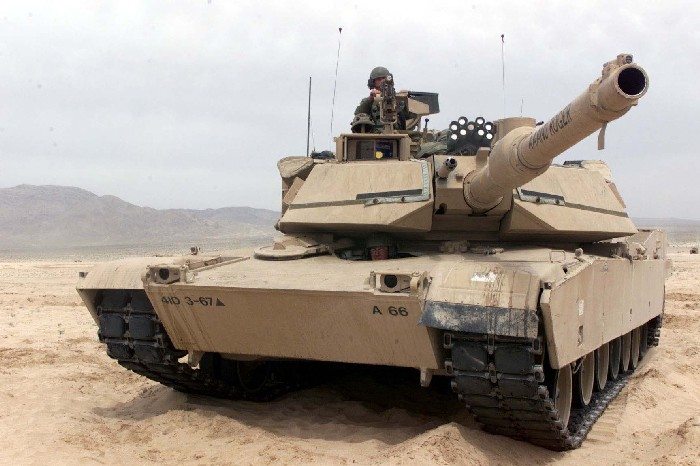The global economic crisis forced austerity measures in many countries all around the world, directly impacting defence budgets. For the last few years, Europe has witnessed significant defence spending reductions, mainly among EU-15 nations, imposing early retirement of many military platforms to reduce fleet sizes for a tidier budget.
Countries such as the UK, Germany and the Netherlands have seen most of the outcome, which is leaving a vast amount of early retired yet relatively modern defence systems ‘frozen’ in military facilities. These include major platforms such as Tornado combat aircraft and Leopard tanks or F122 Bremen class frigates, amongst others. Now non-operational, this extra capability is available for new customers, mainly within the framework of government-to-government transactions, for a small fee compared to the price of new weapons.
The second-hand defence market is an interesting example of a win-win solution for all involved. Armed forces that want to dispose their redundant defence platforms will not spend money on the conservation of unused weapons. This offers a chance to other armed forces that are looking for defence systems to improve their military capabilities at a reasonable cost, especially those governments with already limited spare cash.
More importantly, this offers a particularly interesting option for defence suppliers. From a defence contractor point of view, the selling price of major armaments covers about 30 per cent of the total armament life-cycle cost. The remaining 70 per cent is earned from support in service, mainly line and heavy maintenance, modernization and spare parts, during 30-40 years of weapon utilization. In other words, customers of second-hand equipment represent a spin-off source of support in service earnings and potential contracts for new systems in the future. On a strategic business perspective, this also allows defence contractors to develop new relationships, partnerships and future business prospects.
Some European defence equipment providers such as Krauss-Maffei Wegmann – producer of Leopard tanks – are very active on the second-hand defence market. Nevertheless, there is room for other defence companies to explore this opportunity and strengthen market position during austerity times. It is not only about enjoying the sales revenue, but also having the spin-off opportunity related to service activities and the establishment of relationships with new customers who, in the past, could never pay the price for an advanced military capability. Among potential clients of European companies are armed forces of Latin American, African, some APAC and even European countries with limited defence budgets for modernization.
Frost & Sullivan enables clients to accelerate growth and achieve best-in-class positions in growth, innovation and leadership. Frost & Sullivan leverages 50 years of experience in partnering with Global 1000 companies, emerging businesses and the investment community from more than 40 offices on six continents.










